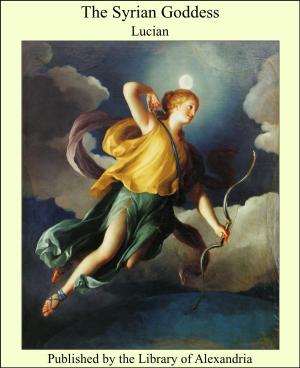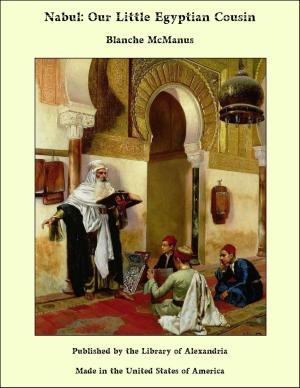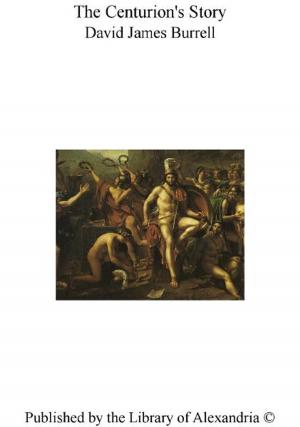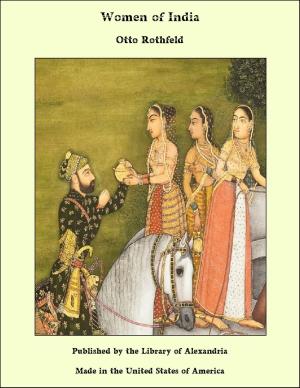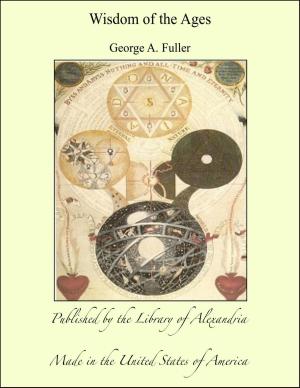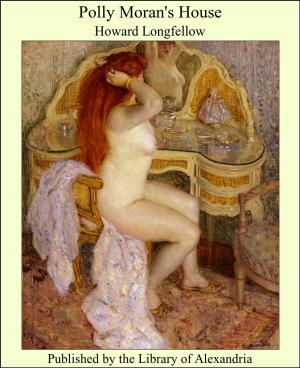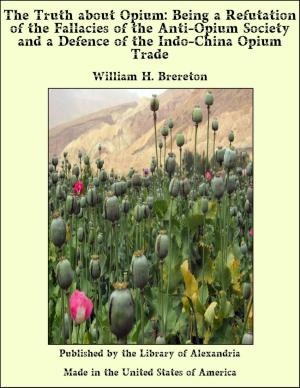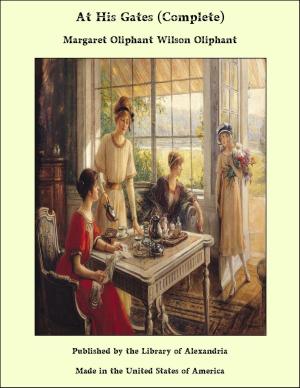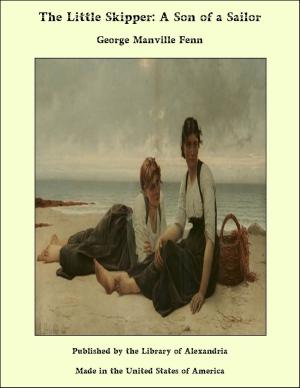| Author: | Gustav Freytag | ISBN: | 9781465602480 |
| Publisher: | Library of Alexandria | Publication: | March 8, 2015 |
| Imprint: | Language: | English |
| Author: | Gustav Freytag |
| ISBN: | 9781465602480 |
| Publisher: | Library of Alexandria |
| Publication: | March 8, 2015 |
| Imprint: | |
| Language: | English |
Since our German literature attained maturity, no novel has achieved a reputation so immediate, or one so likely to increase and to endure, as Soll und Haben, by Gustav Freytag. In the present, apparently apathetic tone and temper of our nation, a book must be of rare excellence which, in spite of its relatively high price (15s.), has passed through six editions within two years; and which, notwithstanding the carping criticism of a certain party in Church and State, has won most honorable recognition on every hand. To form a just conception of the hold the work has taken of the hearts of men in the educated middle rank, it needs but to be told that hundreds of fathers belonging to the higher industrious classes have presented this novel to their sons at the outset of their career, not less as a work of national interest than as a testimony to the dignity and high importance they attribute to the social position they are called to occupy, and to their faith in the future that awaits it. The author, a man about fifty years of age, and by birth a Silesian, is editor of the Grenz-bote (Border Messenger), a highly-esteemed political and literary journal, published in Leipsic. His residence alternates between that city and a small estate near Gotha. Growing up amid the influences of a highly cultivated family circle, and having become an accomplished philologist under Lachmann, of Berlin, he early acquired valuable life-experience, and formed distinguished social connections. He also gained reputation as an author by skillfully arranged and carefully elaborated dramatic compositions—the weak point in the modern German school. The enthusiastic reception of his novel can not, however, be attributed to these earlier labors, nor to the personal influence of its author. The favor of the public has certainly been obtained in great measure by the rare intrinsic merit of the composition, in which we find aptly chosen and melodious language, thoroughly artistic conception, life-like portraiture, and highly cultivated literary taste. We see before us a national and classic writer, not one of those mere journalists who count nowadays in Germany for men of letters.
Since our German literature attained maturity, no novel has achieved a reputation so immediate, or one so likely to increase and to endure, as Soll und Haben, by Gustav Freytag. In the present, apparently apathetic tone and temper of our nation, a book must be of rare excellence which, in spite of its relatively high price (15s.), has passed through six editions within two years; and which, notwithstanding the carping criticism of a certain party in Church and State, has won most honorable recognition on every hand. To form a just conception of the hold the work has taken of the hearts of men in the educated middle rank, it needs but to be told that hundreds of fathers belonging to the higher industrious classes have presented this novel to their sons at the outset of their career, not less as a work of national interest than as a testimony to the dignity and high importance they attribute to the social position they are called to occupy, and to their faith in the future that awaits it. The author, a man about fifty years of age, and by birth a Silesian, is editor of the Grenz-bote (Border Messenger), a highly-esteemed political and literary journal, published in Leipsic. His residence alternates between that city and a small estate near Gotha. Growing up amid the influences of a highly cultivated family circle, and having become an accomplished philologist under Lachmann, of Berlin, he early acquired valuable life-experience, and formed distinguished social connections. He also gained reputation as an author by skillfully arranged and carefully elaborated dramatic compositions—the weak point in the modern German school. The enthusiastic reception of his novel can not, however, be attributed to these earlier labors, nor to the personal influence of its author. The favor of the public has certainly been obtained in great measure by the rare intrinsic merit of the composition, in which we find aptly chosen and melodious language, thoroughly artistic conception, life-like portraiture, and highly cultivated literary taste. We see before us a national and classic writer, not one of those mere journalists who count nowadays in Germany for men of letters.


